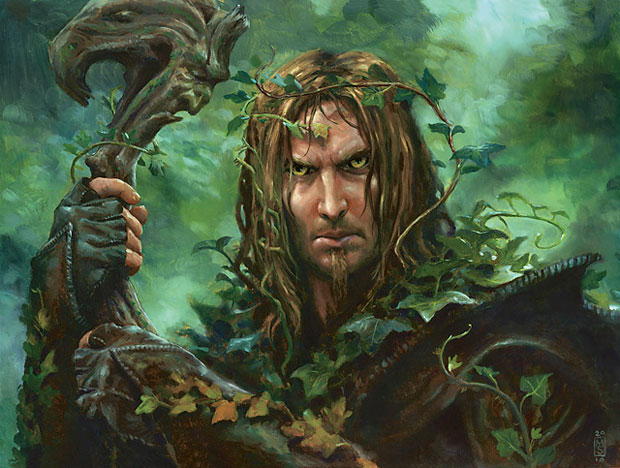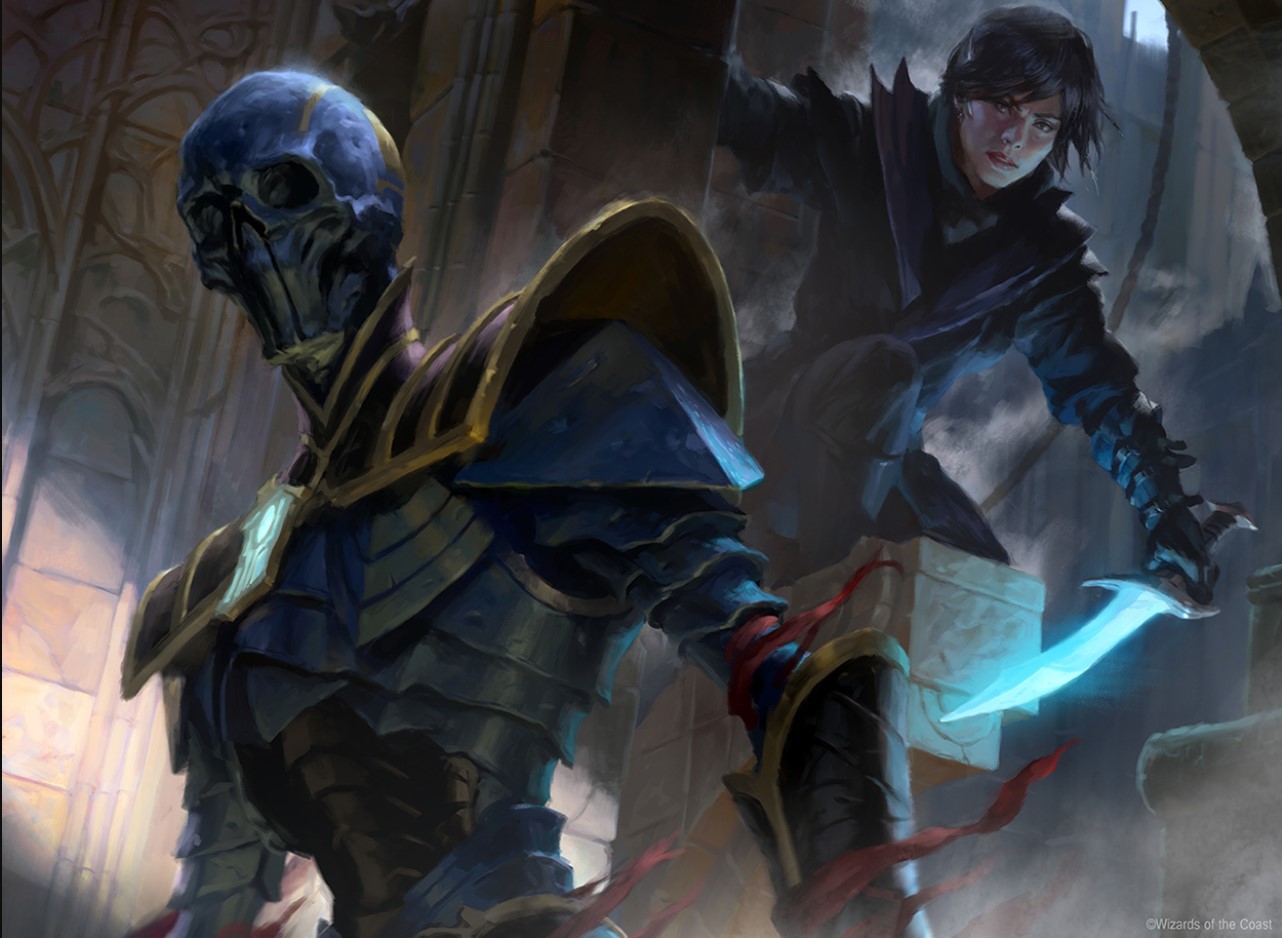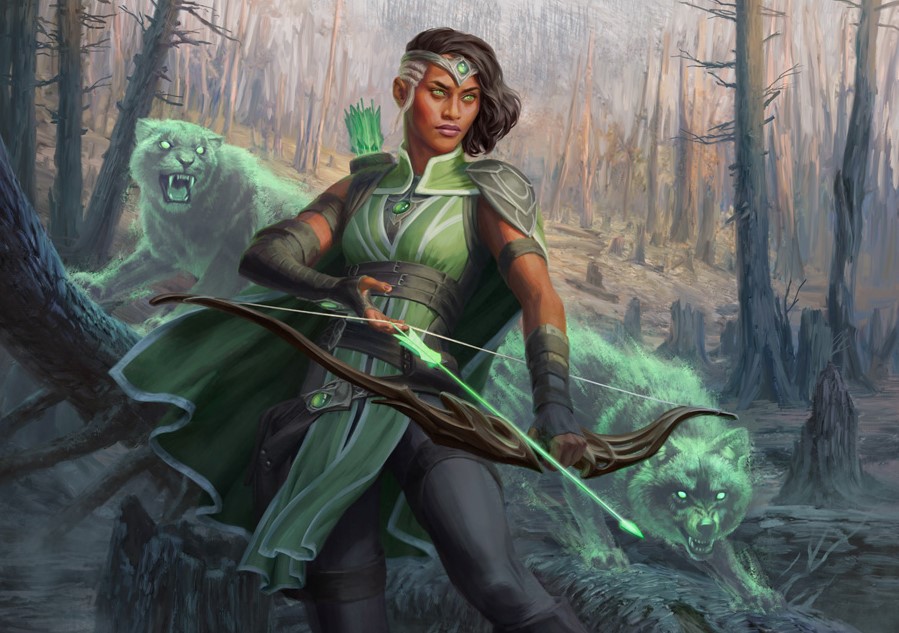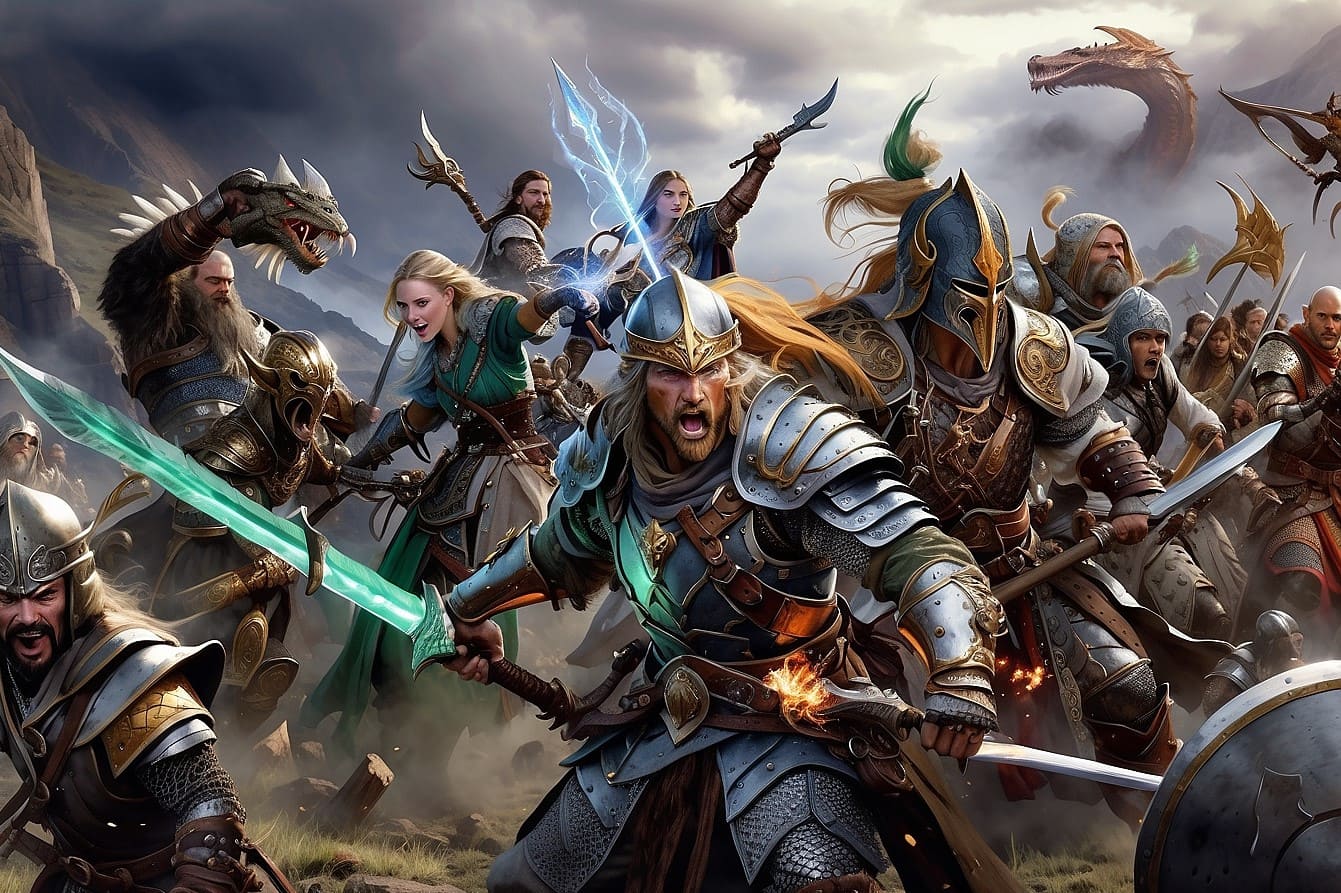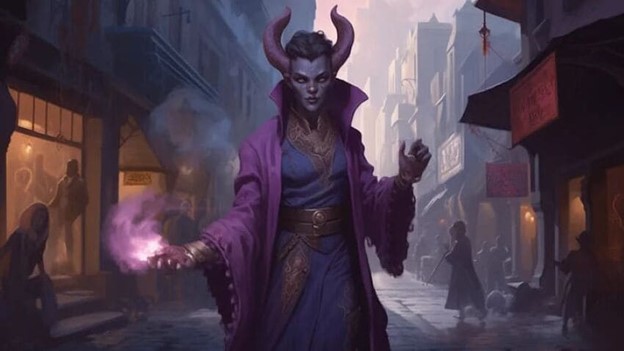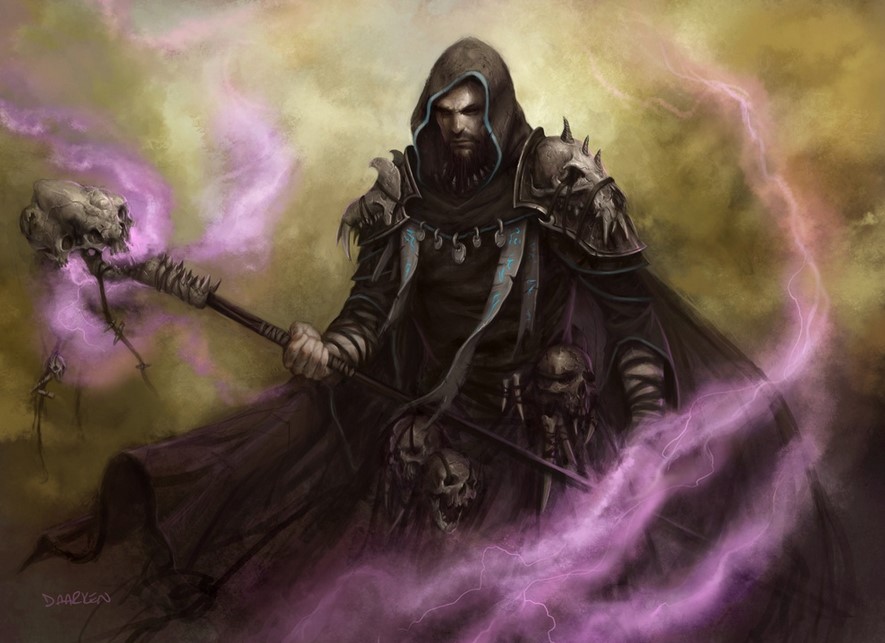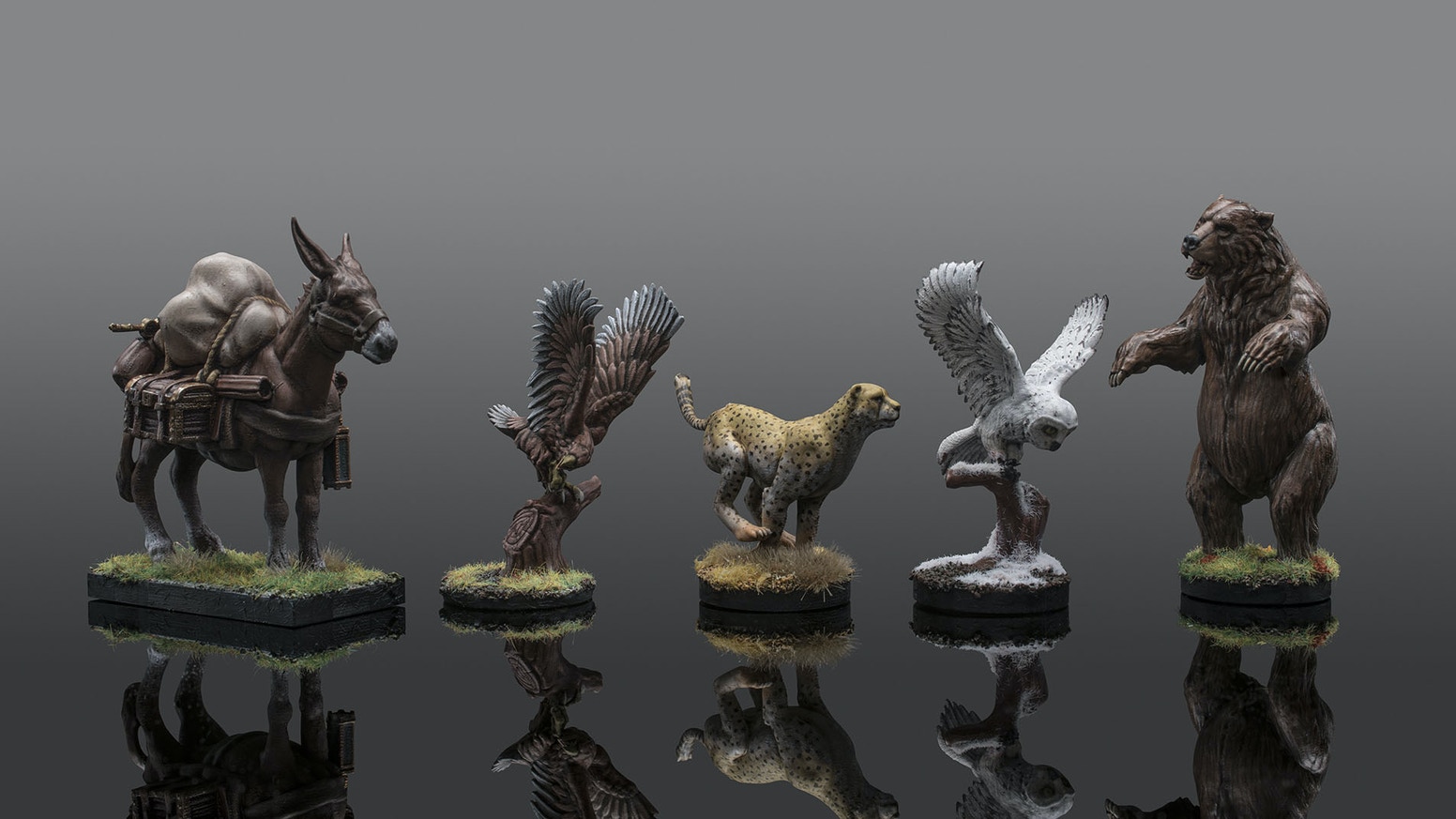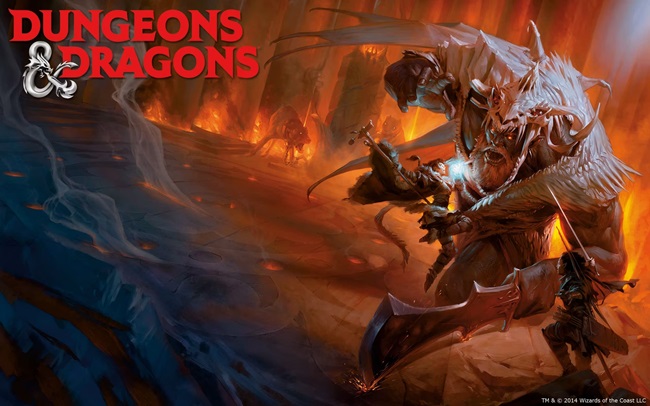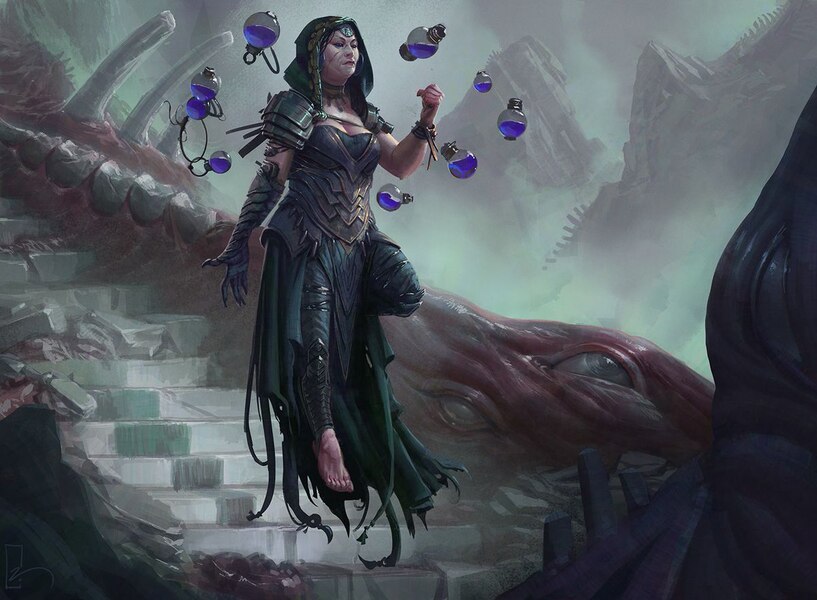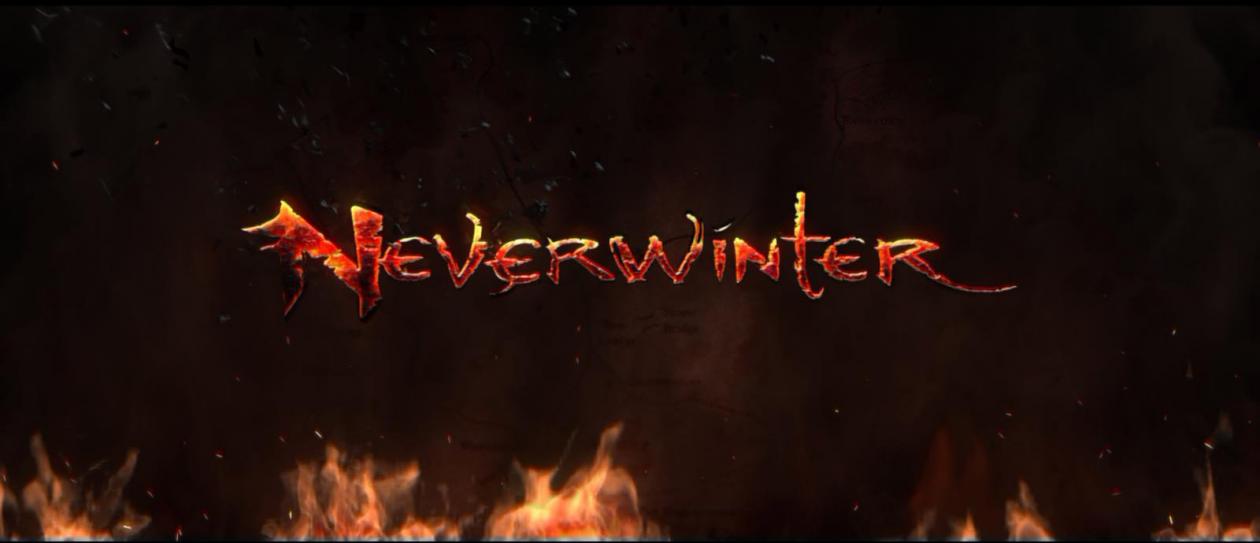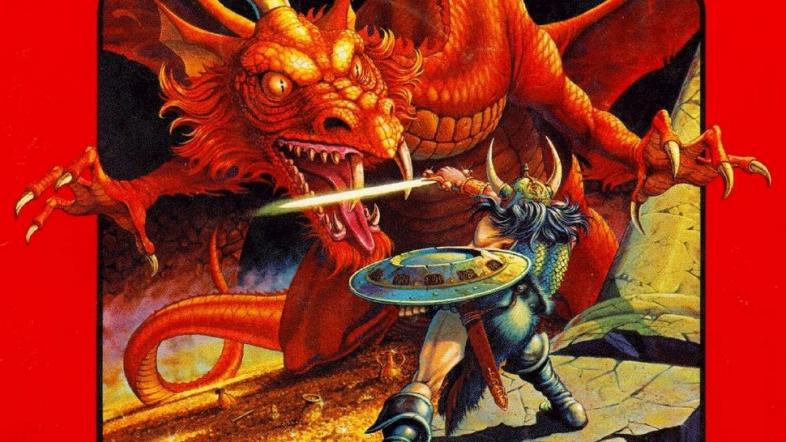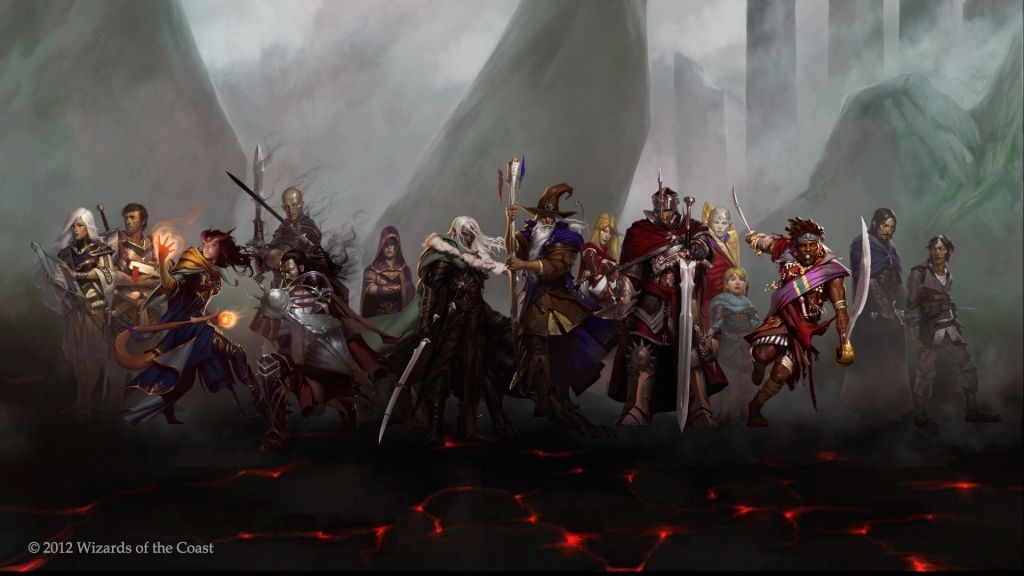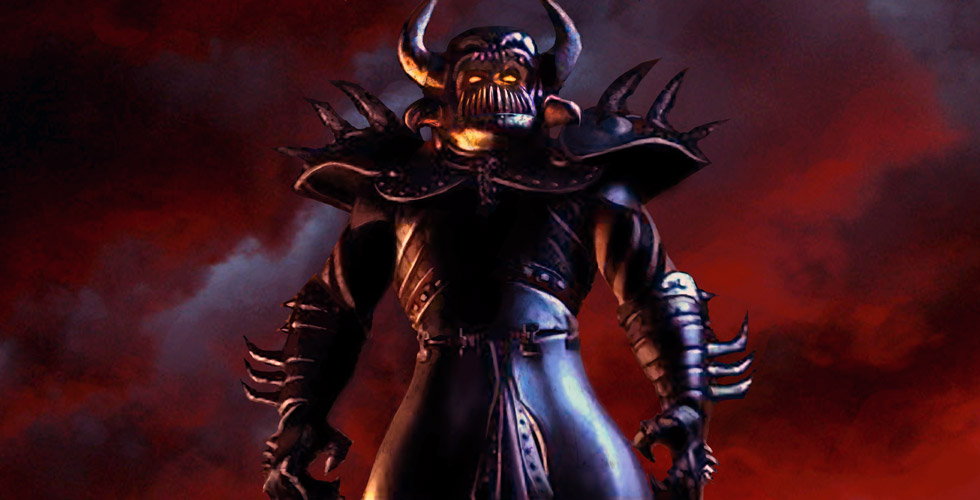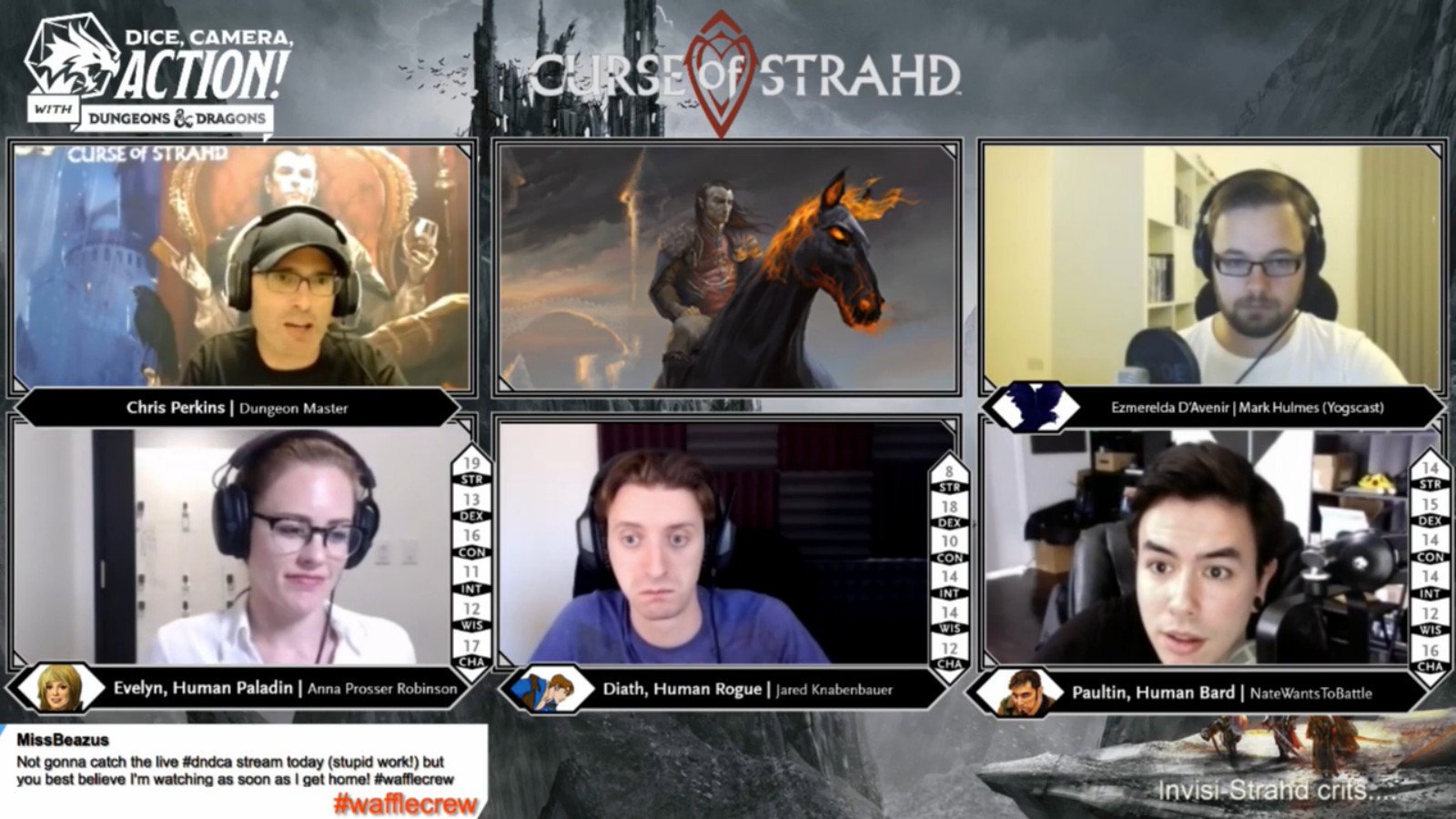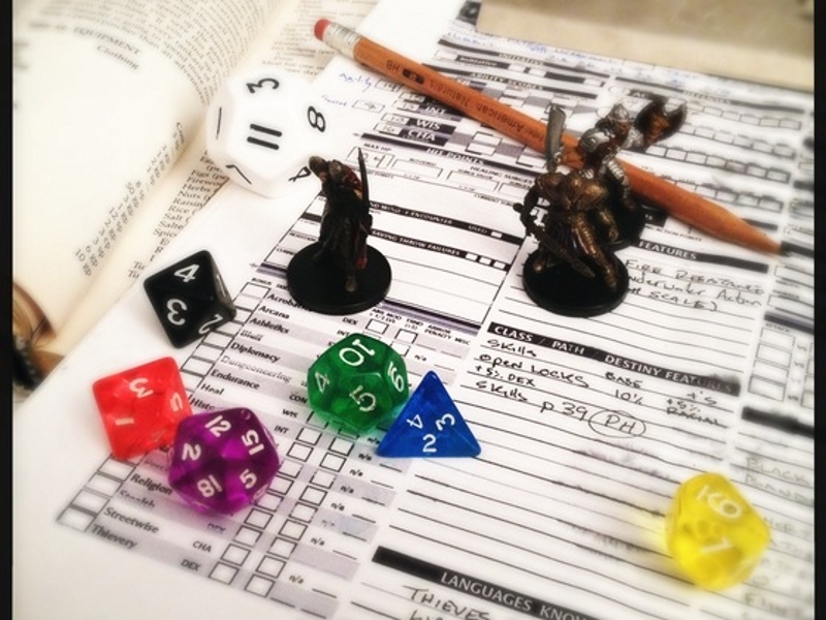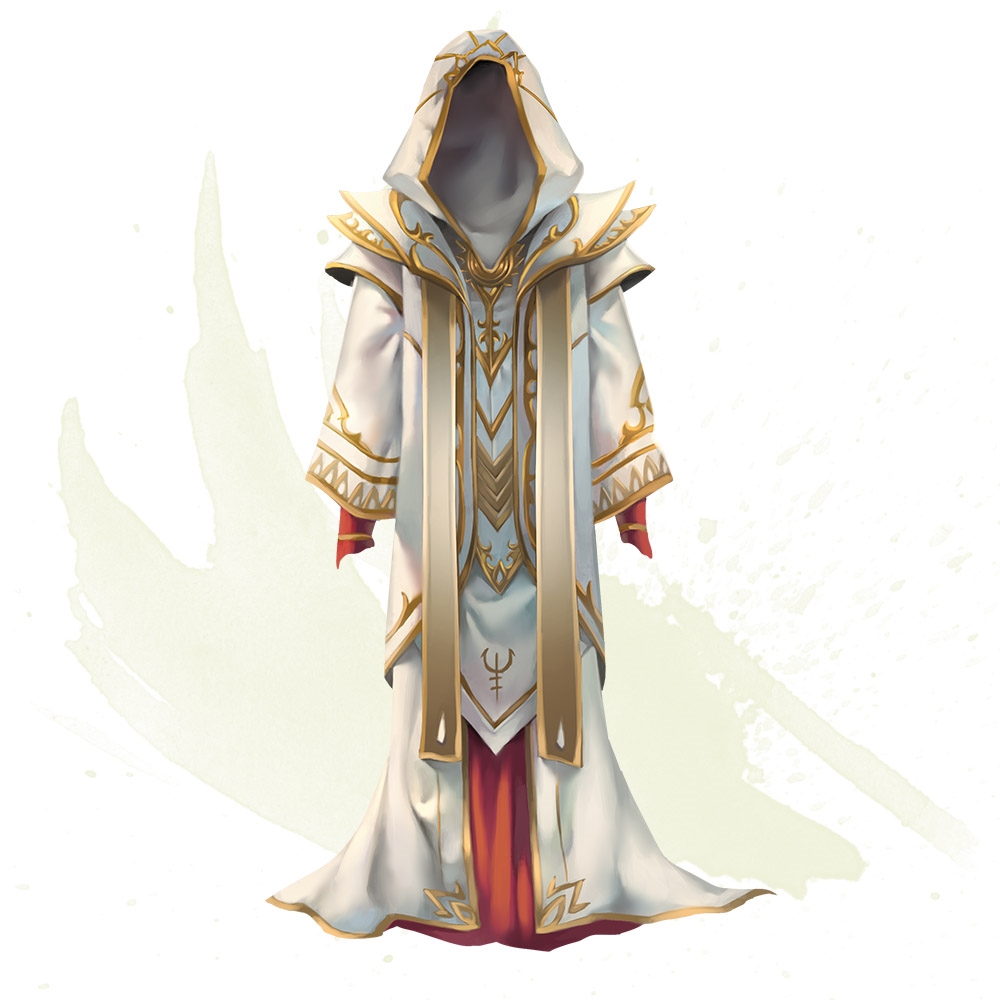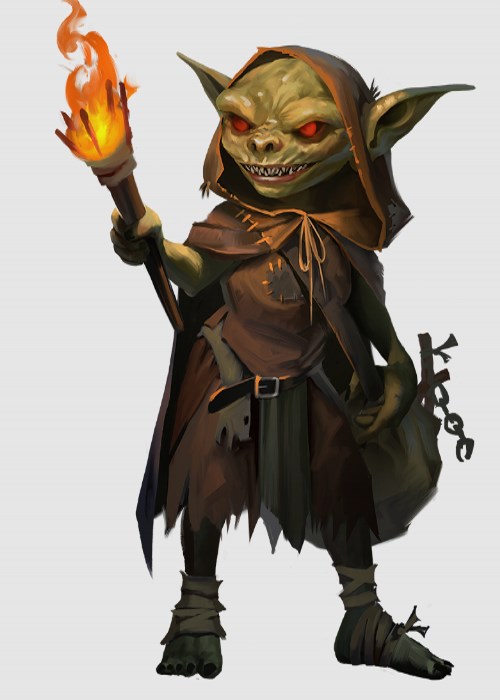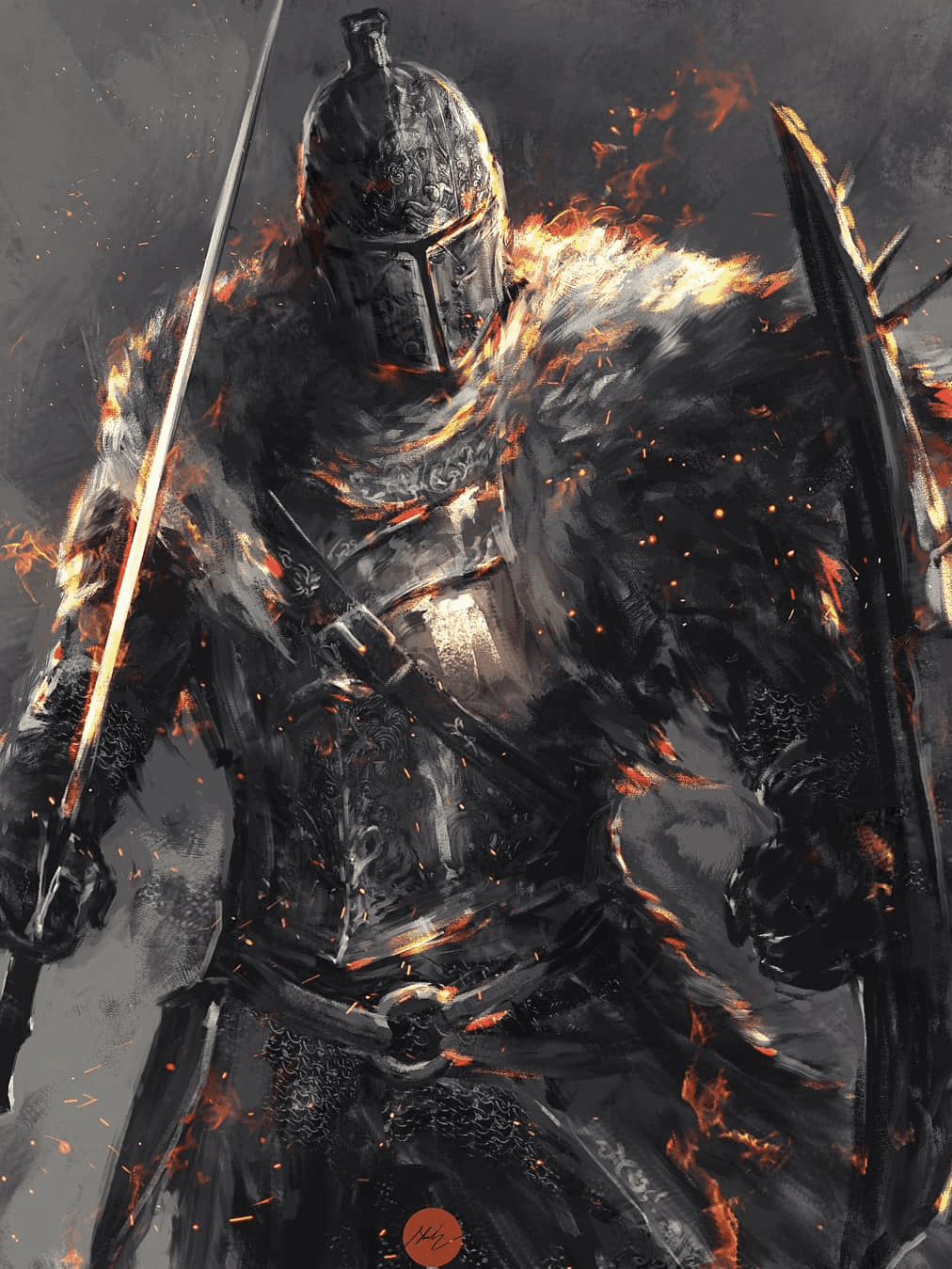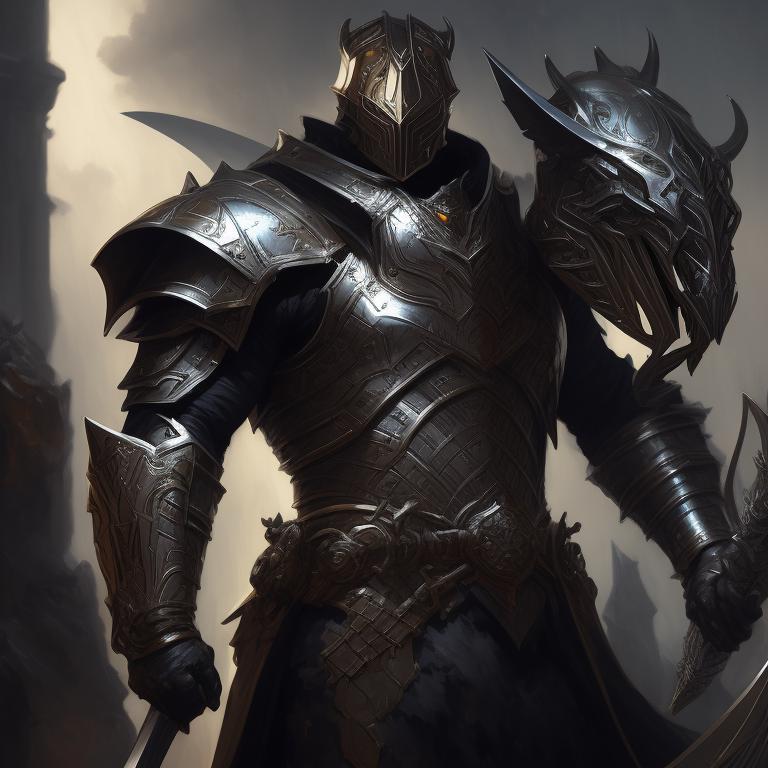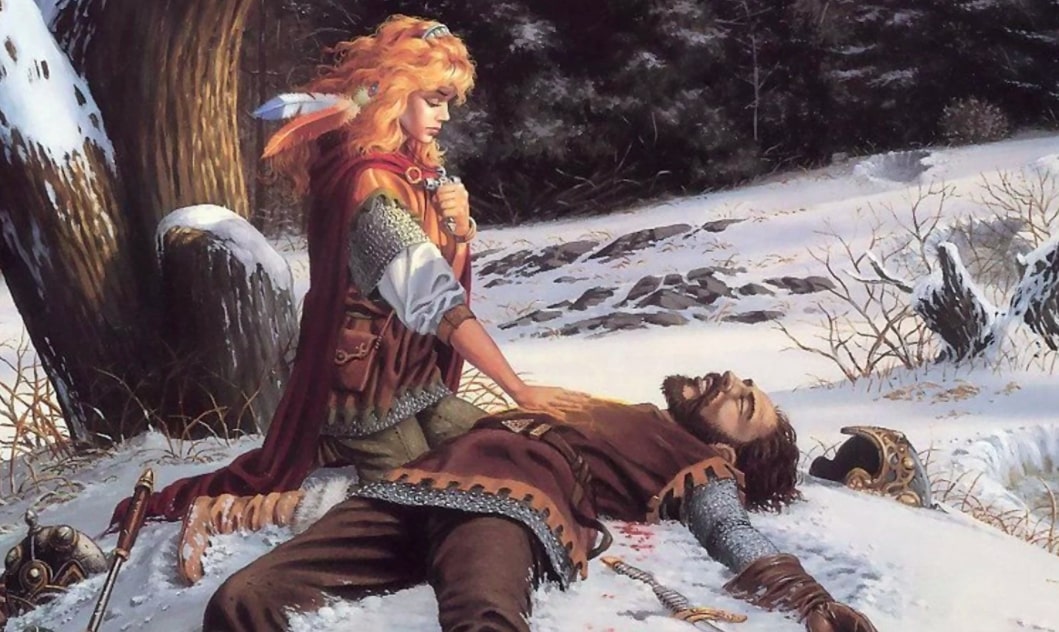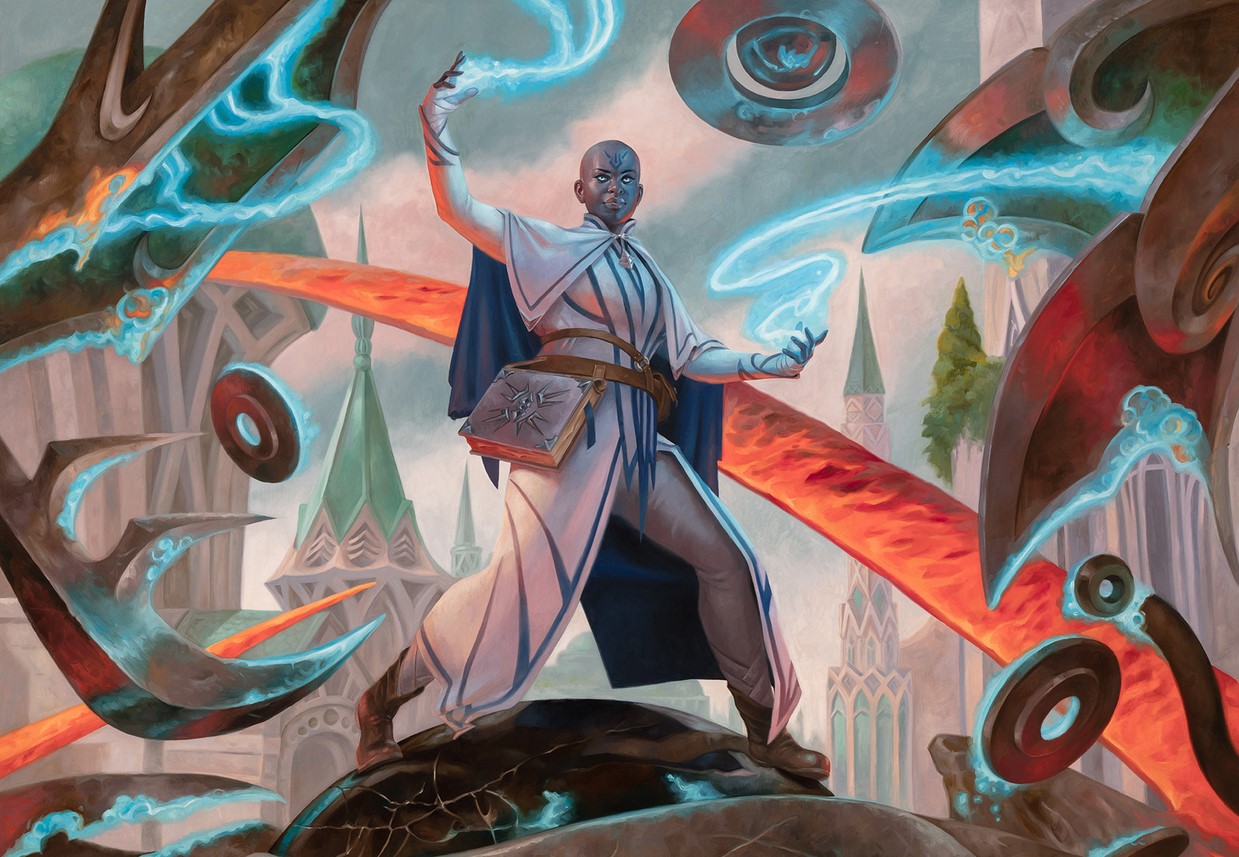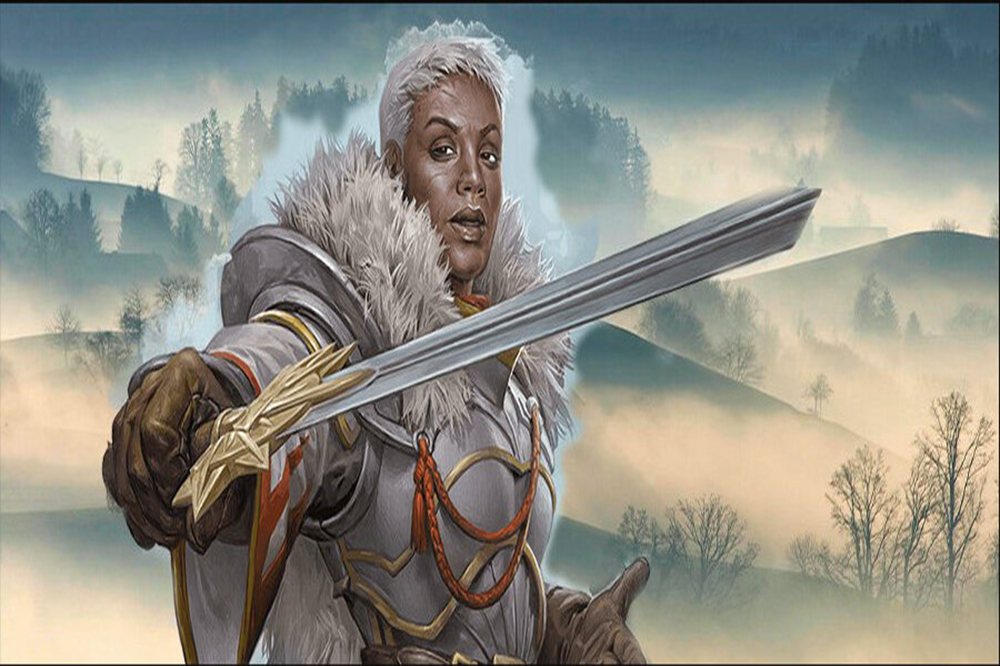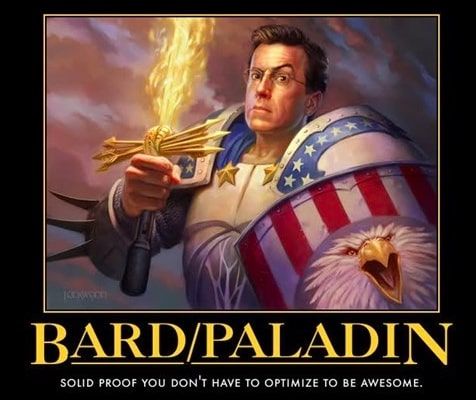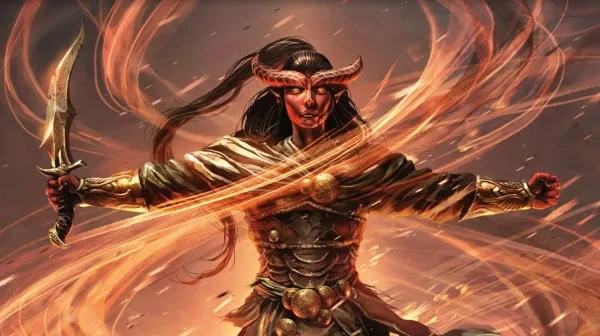
Building a successful campaign for an epic set of heroes is what Dungeons and Dragons is all about, but making sense of the best editions of a game over 50 years old is a challenge in and of itself. Let a veteran Dungeon Master rate the editions of D&D so you can use your time smashing goblins and looting catacombs instead of smashing your keyboard and scouring WotC forums.
Advanced Dungeons and Dragons
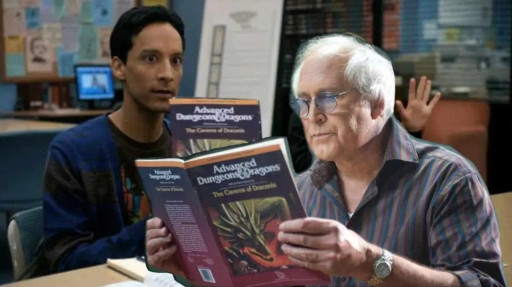
Players puzzle over Advanced Dungeon and Dragons source material
Advanced D&D (AD&D) might be an unlikely contender for the best edition, but it contains the first comprehensive ruleset of the D&D universe. The system allows players to choose classes for humans and demi-human player characters alike and provides numerous explorable settings, which include their own mechanical add-ons and customizations.
Review: This system encourages in-depth character customization for roleplaying on and off the battlefield. Intricate game design is the hallmark of this edition.
AD&D does have one significant drawback: Its ruleset may be difficult for some players to take in due to the high level of complexity. AD&D 2nd edition does remedy this by simplifying and streamlining the ruleset, making that the preferred version of this edition.
Play this edition if:
- You are a hardcore RPG enthusiast looking for a new challenge. This could be just the inspiration your players need to spark creativity
- You are a seasoned veteran seeking the nostalgia of AD&D or Original D&D. AD&D proves the best comprehensive way to experience the OD&D style of play with unified game materials.
3rd Edition

When Wizards of the Coast released 3rd Edition, it took the world by storm. To this day it remains one of the most popular gaming products to ever be released by the market, and for good reason. 3rd edition, and later 3.5e, completely redesigned the game, taking the best parts of the AD&D world and packaging them into something streamlined and accessible. The core rulebooks are beautiful and elegant. Their yellowed pages are overflowing with penciled diagrams, like a sketchbook of Leonardo da Vinci.
Review: 3e plays more smoothly than AD&D. New players won’t experience the intense learning curve, and the brand new Open Gaming License means that there is no shortage for new materials and expansions to explore in the world of 3e. Introducing the D20 system to the game keeps players engaged in the action rather than searching for the right die.A major criticism of 3rd edition comes from the character creation process: The non-combat skill system was clunky and filled with too many entries to be useful. Building a character sheet for the first time can take upwards of an hour if done by hand and likely would require the help of an experienced player. In my experience, the combat systemunbalanced between classes as well.
Play this edition if:- You enjoy the meticulous number-crunching of old school character creation and the adaptability of a modular system, but enjoy the streamlined playstyle of D20
- The 3rd party materials and environments appeal to your desire of breaking out of the core ruleset
- You don’t mind working with a system where everything doesn’t revolve around combat
4th Edition

4e may be the most contentious of the editions of D&D. It’s hard to overstate the differences between this short-lived edition and previous ones. WotC took D&D back to its “roots,” but not in the way I anticipated. 4e is set up as a squad based tactical tabletop miniatures wargame, not an immersive storytelling-based RPG. Its gaming license was also significantly more restrictive than 3e, making this edition unpopular for 3rd party and homebrew publishers.
Review: The first thing you need to know about 4e is that it is all about combat. Do not try to approach this edition with the intention of building a hero that flourishes in the same non-combat skill scenarios that 3e embraced. The combat itself is much more regimented and cut-and-dry, with little room for creativity and open-ended mechanics.
A great boon of 4e is that it is significantly more easy to approach and understand for brand new players than any of the previous editions. The game basically holds your hand throughout every facet of the process, which may limit creativity, but certainly takes the burden off of players that just want to get down to some tactical hack-and-slash.
Play this edition if:
- You’re looking for a game focused entirely on your miniatures and battlemap setup. This might be a great edition for someone coming from Warhammer 4k.
- You’re new to D&D and want a game where you delve right into battle without concerning yourself with tedious roleplaying and character building
5th Edition

5e does what 4e should have. WotC made a system that returns back to its AD&D story-based roots while getting rid of the slowest elements of the game and replacing them with fast-paced, robust game design. The open gaming license is back again in full swing, meaning widespread support for other gaming companies and homebrew resources alike.
Review: This edition feels like an improvement on 3e, not a redesign of 4e. Gone is the focus on tactical battle maps, and instead you are faced with a well-balanced playable game that doesn’t pigeon hole you into one play style or anotherDungeon Masters can feel like storytellers again, not a referees there to monitor the action. Players are met with an easier character creation process that leaves time for creativity alongside the number-crunching. Best of all, the barrier for entry is much lower for players with digital assets of the basic rules available online for free.
This is my personal favorite edition to play, and that’s coming from someone who was a diehard 3.5e fanboy for years. This edition emphasizes what makes D&D an interesting and engaging platform for tabletop roleplay while minimizing the restricting factors that make it difficult to get into.
Play this edition if:- You want the best, most streamlined version of D&D that doesn’t revolve entirely upon miniature combat
- You’re a fan of 3e (like myself) or AD&D and want to upgrade
- You’re a brand new player to tabletop gaming and want to dive into the greatest roleplaying game that has ever been created

